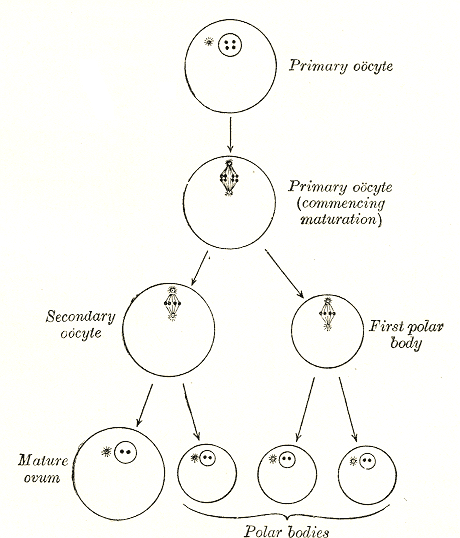1
In addition, increasing chromatin condensation corresponded to an increase in oocyte diameter.
2
Factors that may explain a low oocyte recovery rate by laparoscopy were examined.
3
Currents were recorded using voltage clamp electrophysiology in the Xenopus oocyte expression system.
4
Our results demonstrated that SFK is required for meiotic maturation in mouse oocyte.
5
The data suggests the presence of voltage-dependent, anion-selective channels in oocyte plasma membranes.
6
TIMP-1 was present in the oocyte and in the surface epithelium.
7
This characteristic distribution is different from that in the mouse oocyte.
8
Transcriptional gene expression of oocyte and CCs was determined via single-cell RNA sequencing.
9
Calcium entry into Xenopus oocyte occurs mainly through voltage-dependent calcium channels.
10
The follicular fluid was individually aspirated, and the presence of oocyte was recorded.
11
FSH is a hormone that stimulates follicle growth and oocyte maturation.
12
Age, number of oocytes retrieved and embryos available could affect CLBR obviously.
13
Results: Similar numbers of oocytes were retrieved in the 2 treatment groups.
14
Mitochondrial DNA copy number of the corresponding immature oocytes was also evaluated.
15
The effect of purine on the meiosis of mouse oocytes was studied.
16
Fertilized and unfertilized oocytes can be conserved by cryoconservation after ovarian stimulation.


